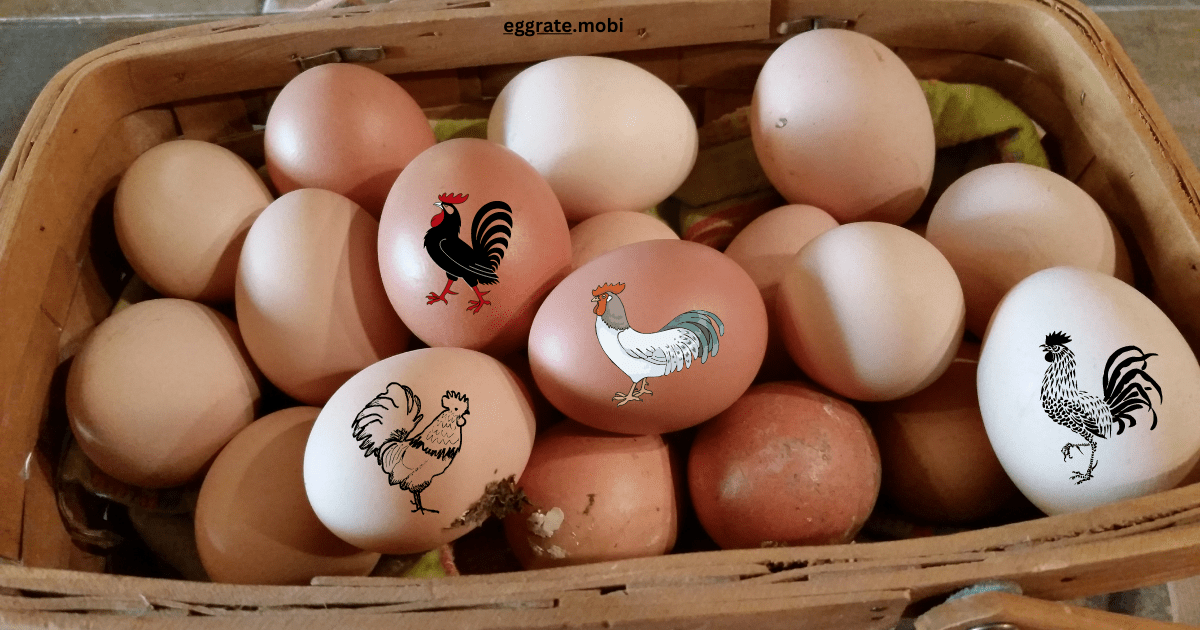Eggs are a staple in many households and a versatile ingredient used in various culinary creations. When it comes to buying eggs getting the best price while ensuring quality is essential. Whether you’re an avid baker, a health-conscious individual, or simply a food enthusiast, finding the right balance between cost and quality is key. In this article, we’ll explore some valuable tips for buying eggs at the best price without compromising on freshness or taste
Understanding Egg Grades and Labels
Egg cartons often feature various grades such as A B. These grades reflect the egg’s quality and appearance. Eggs labeled AA are of the highest quality, with a thick white and a well-centered yolk. Grade B eggs are usually used for commercial purposes. Opt for higher grades if you seek better quality.
Choosing the Right Egg Type
Decide between white and brown egg rate The color difference is due to the breed of the hen, not nutritional value. Both types are equally nutritious, so choose based on personal preference.
Buying in Bulk vs. Small Quantities
Consider your consumption patterns. If you use eggs frequently, buying in bulk might be cost-effective. However, if you rarely use them, smaller quantities could prevent wastage.
Local Farms vs. Supermarkets: Where to Buy
Local farms might offer fresher eggs at times. Supermarkets provide convenience and a range of options. Compare prices and quality before deciding Today Egg Rate
Considering Organic and Free-Range Options
Organic and free-range eggs are often pricier but offer better animal welfare standards. Determine if the added cost aligns with your values.
Cracking the Code: Decoding Egg Carton Labels
Understand labels like “cage-free,” “pasture-raised,” and “omega-3 enriched.” Each label indicates specific hen raising conditions and nutritional enhancements.
Egg Expiration Dates: Fact or Fiction?
Eggs generally stay fresh beyond their expiration dates. Perform the water test to check freshness: if an egg sinks, it’s fresh; if it floats, it’s old.
The Importance of Egg Size
Egg recipes often specify sizes. While large eggs are standard, consider buying different sizes based on your cooking needs.
Comparing Prices at Different Stores
Prices can vary significantly between stores. Don’t hesitate to visit various supermarkets or check online for the best deals.
Sales, Coupons, and Discounts: Maximizing Savings
Keep an eye out for sales and coupons. Join loyalty programs for potential discounts on eggs and other groceries.
Online Egg Shopping: Pros and Cons
Online shopping offers convenience, but inspect eggs upon delivery. They should be well-packaged to prevent breakage.
Avoiding Cracked Eggs and Shell Imperfections
Inspect eggs before purchasing. Cracks or imperfections could indicate mishandling, affecting the egg’s quality.
Storing Eggs Properly at Home
Store eggs in their original carton in the fridge’s main body, not the door. This helps maintain consistent temperature and freshness.
When to Buy: Seasonal Price Fluctuations
Egg prices can fluctuate with seasons. Prices might be higher during high-demand periods, so plan your purchases accordingly.
Cracking the Myth: Brown vs. White Eggs
Brown eggs are not inherently healthier. The hen’s breed determines the eggshell color. Focus on quality rather than egg price
Finding the best-priced eggs involves a mix of understanding labels, assessing quality, and being a savvy shopper. By following these tips, you can enjoy delicious and nutritious eggs without straining your budget.
FAQs (Frequently Asked Questions)
- Do brown eggs taste different from white eggs? No, the taste is not affected by the eggshell color. It’s the same delicious egg inside.
- What’s the significance of egg grades? Grades like AA, A, and B indicate the egg’s quality and appearance, helping you choose the best ones.
- Can I freeze eggs to extend their shelf life? Yes, you can freeze eggs. However, crack them open and beat them before freezing for better results.
- Are organic eggs worth the extra cost? Organic eggs adhere to higher animal welfare standards and may have better nutrient profiles, making them worth considering.
- How often should I check for egg freshness using the water test? Perform the water test if you’re unsure about an egg’s freshness. It’s a quick and reliable method to assess egg quality.




